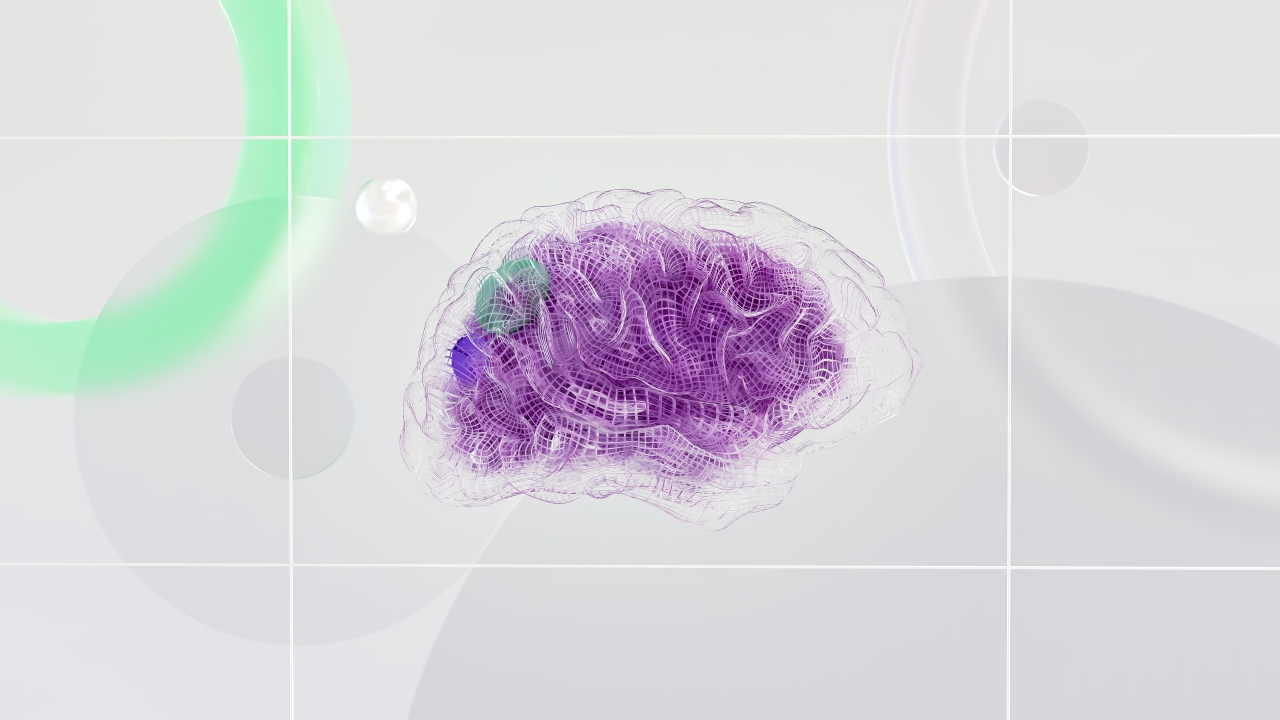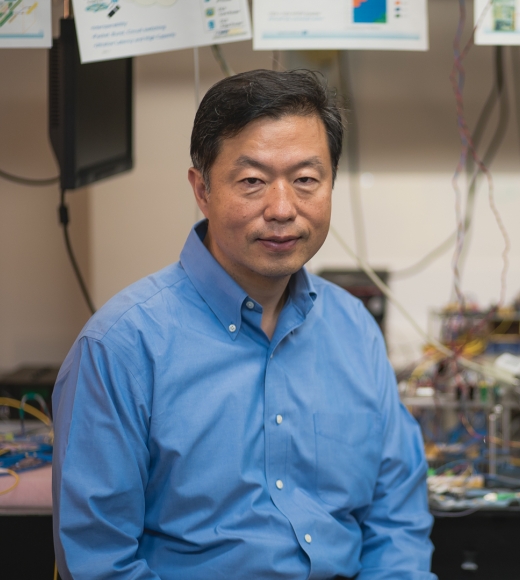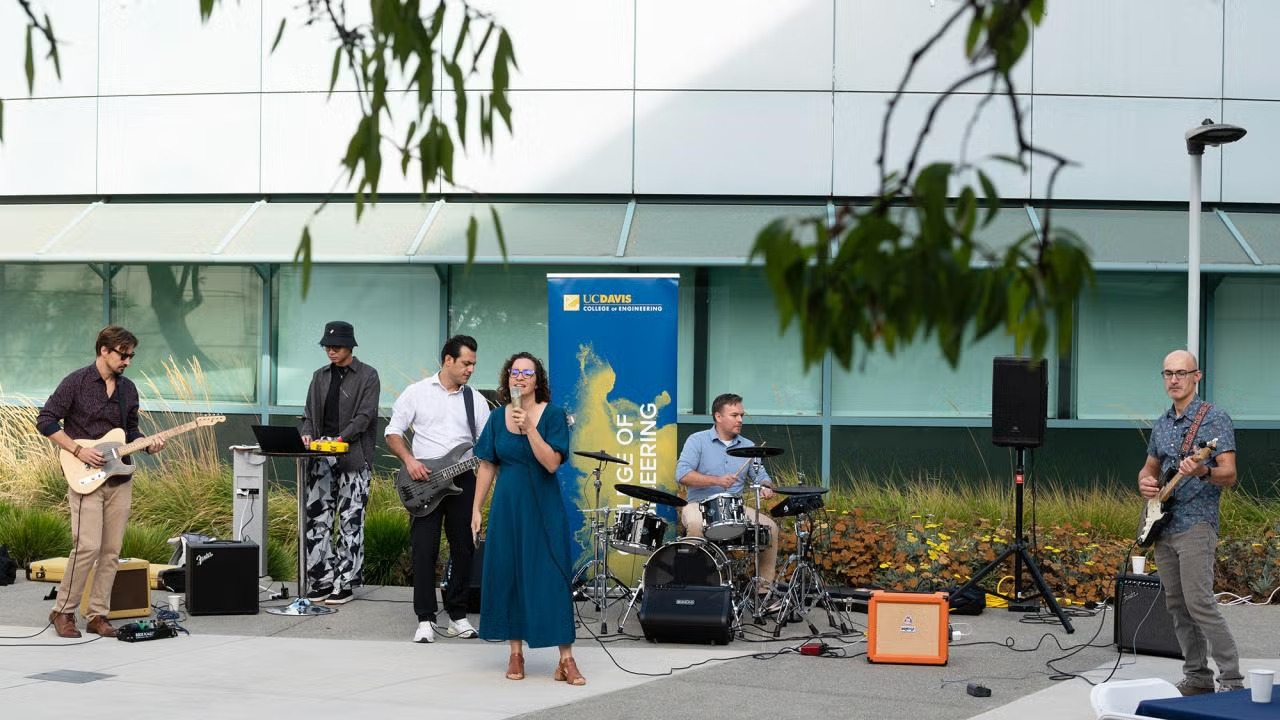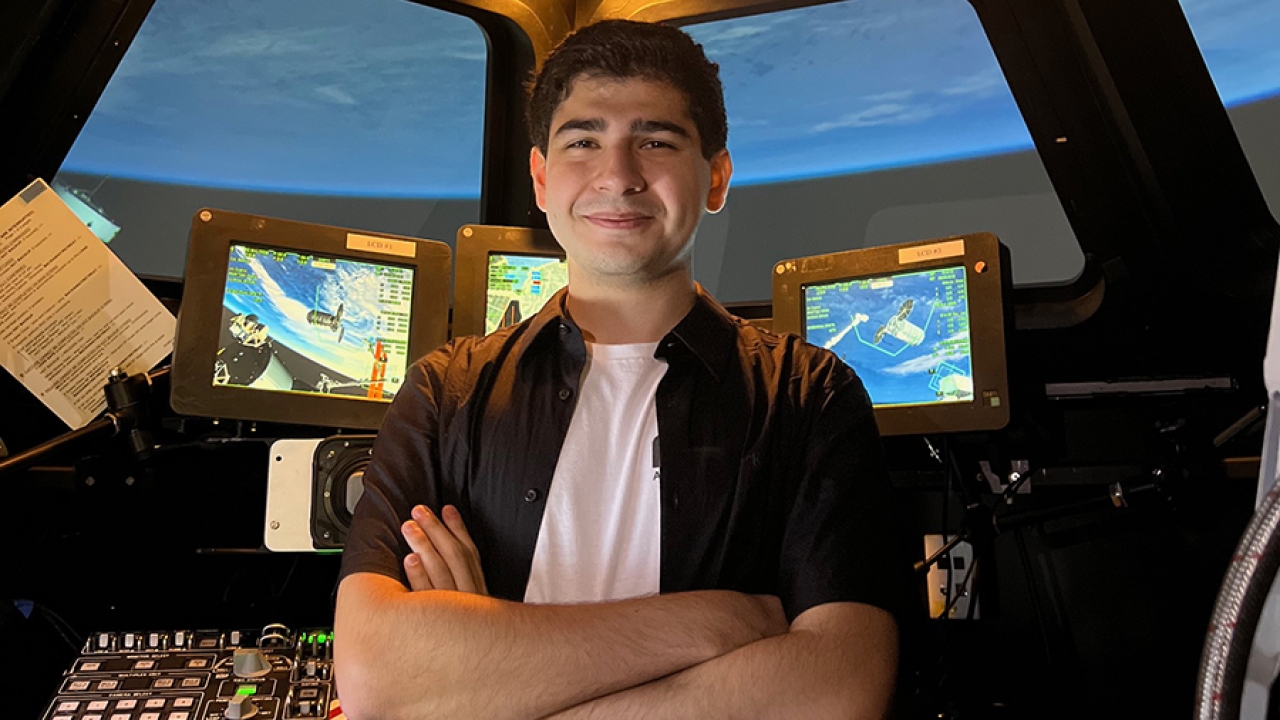
UC Davis Professor Leads Expedition to Make Brain-Like Computers Reality

S. J. Ben Yoo, a Distinguished Professor of electrical and computer engineering at the University of California, Davis, is leading a five-year project to develop smarter, more efficient computers by making them more like the human brain.
These proposed machines would feature neurons and synapses that communicate in electrical impulses, unlike traditional computers that rely on central processing units, or CPUs, to work through information encoded in ones and zeroes.
A clear benefit of computational systems that mimic the architecture of the brain is their promise to learn and grow like a human, meaning they should be able to handle unpredictable events better than current machines. These brain-like computers may also divert a significant amount of energy.
"While the algorithms and software behind artificial intelligence and machine learning have made impressive progress in the past decades, the limited progress in hardware architecture and technologies is causing exponential increases in power consumption in data centers, which are already consuming megawatts of power," Yoo said.
Comparatively, instead of thousands of watts, the human brain can create complex thoughts and solutions on about 20 watts of power. That’s about enough energy to power a lightbulb.
To realize these benefits, Yoo is collaborating with fellow UC Davis researchers Daniel Cox, Distinguished Professor emeritus in physics, Rishidev Chaudhuri, assistant professor of neurobiology, physiology and behavior, and mathematics and Randall O'Reilly, professor of psychology, computer science and neuroscience.
Researchers from Stanford, University of California, Berkeley, MIT and University of Florida are also involved in the interdisciplinary team for the Expedition on Brain-Derived Neuromorphic Computing with Intelligent Photonic and Electronic Materials, or ExPlor, project.
The Air Force Office of Scientific Research has provided $1.9 million in funding so far with up to $4.75 million possible to support the development of these brain-like computers.






